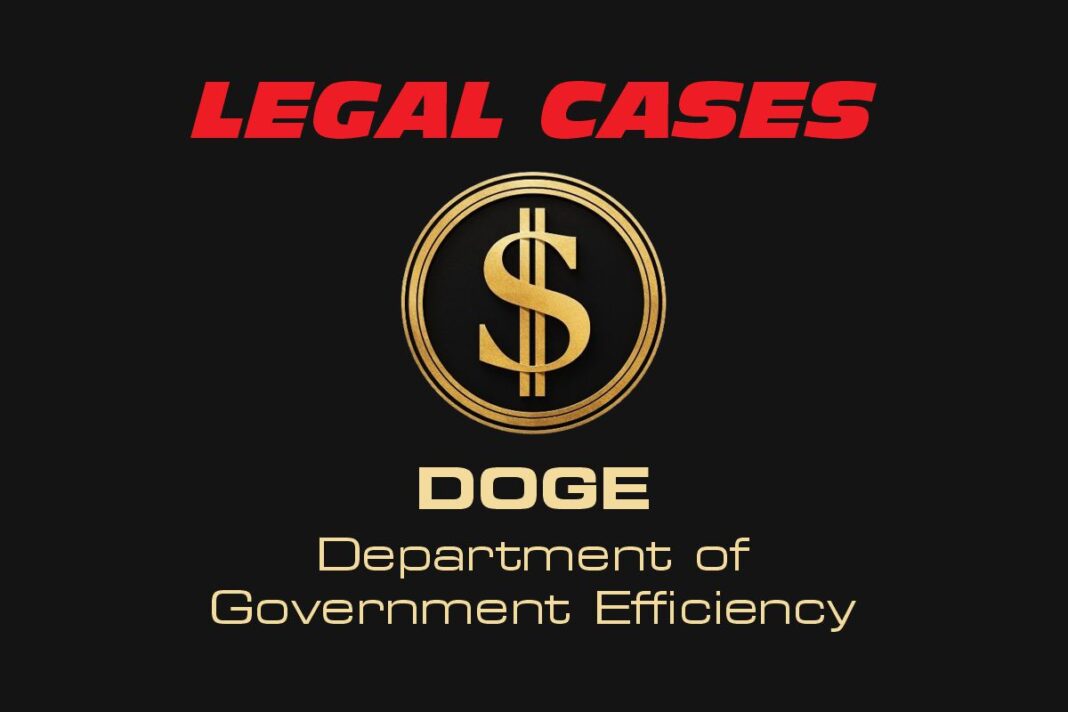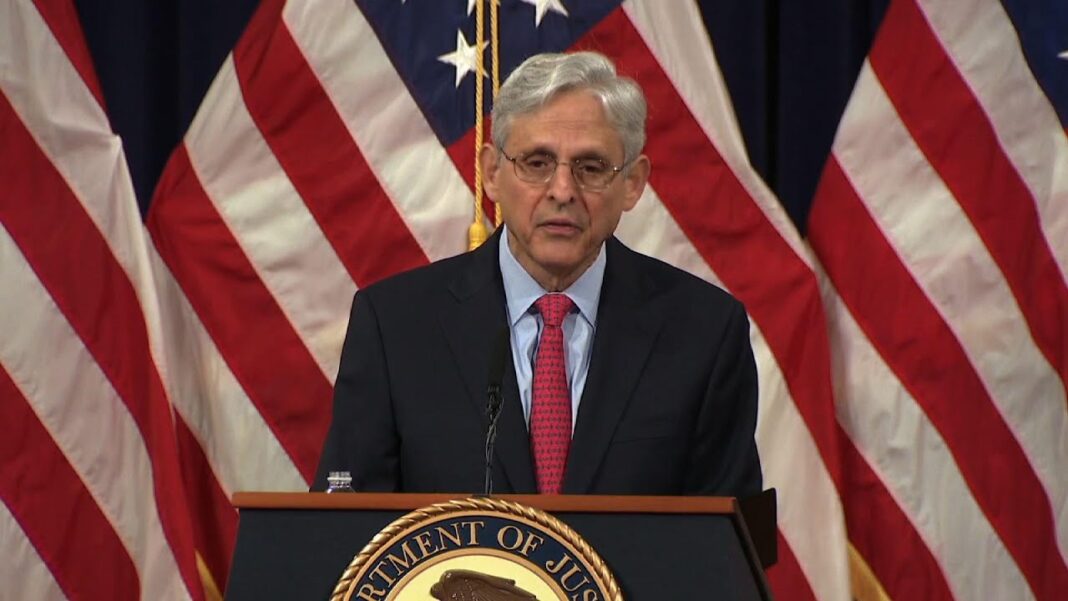U.S. District Judge Ellen Hollander issued a preliminary injunction on access to unredacted data.
A judge on April 17 restricted the Department of Government Efficiency (DOGE) from accessing unredacted Social Security data, ruling in favor of labor unions and retirees who sued the department.
U.S. District Judge Ellen Hollander’s preliminary injunction bars the Social Security Administration (SSA) from granting DOGE employees and special White House employee Elon Musk access to any records containing personally identifiable information such as addresses. It also orders Musk, DOGE, and DOGE’s affiliates to delete all non-anonymized data they have in their possession from any Social Security systems.
The injunction is set to remain in place as the case proceeds, absent an order from an appeals court. Hollander previously entered a temporary restraining order that uses similar language; the injunction supersedes it.
In a memorandum explaining her decision, which was handed down hours after a hearing in federal court in Maryland, Hollander said that DOGE’s objective—tackling waste and fraud—“is laudable, and one that the American public presumably applauds and supports.”
The case, she said, is about how DOGE does its work.
“For some 90 years, SSA has been guided by the foundational principle of an expectation of privacy with respect to its records. This case exposes a wide fissure in the foundation,” she wrote.
The American Federation of State, County and Municipal Employees and other plaintiffs are likely to succeed in their claims that the SSA’s giving DOGE access to unredacted data was arbitrary and capricious, in violation of federal laws, the judge concluded.
“And, plaintiffs have demonstrated that their members will suffer irreparable harm in the absence of a preliminary injunction, the equities tip in their favor, and the preliminary injunction serves the public interest,” she wrote.
The order does not block DOGE from accessing redacted Social Security information.
Attorneys for the plaintiffs had said in the motion for a preliminary injunction that their members expected their data to remain private. They said that the access given to DOGE violated a law called the Privacy Act because the DOGE team did not have a need to access the information and because the access was not justified by an exception for routine use.







